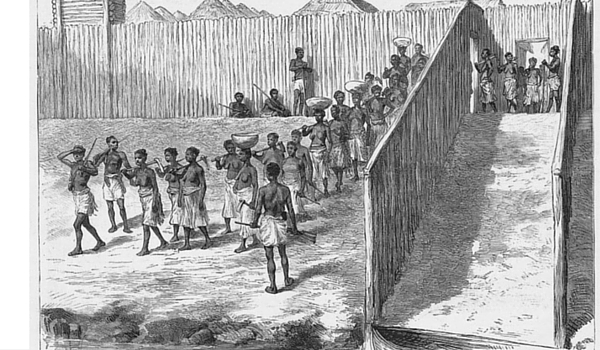
Early Portuguese Settlers in East and Southern Africa

Portugal was a small, poor feudal society during the 15th century with underdeveloped industry and unproductive agricultural lands. This explains the early exploration of the Portuguese in Africa and other parts of the world as they searched for better opportunities. Records show that the Portuguese first made contact with Africans in 1443. Thereafter, several Portuguese ships sailed around the southern tip of Africa and the east as they travelled to India. One famous Portuguese sailor is Vasco da Gama who led the first expedition round South Africa and India.
Due to their advanced ship building skills, the Portuguese transported goods between African states by using small ports they had established. They quickly realized that trade was already taking place in Africa and that Africans did not require African goods but movement of goods between trading partners. In addition, there was ongoing trade between Africans and Indians. However, their first encounters with Africans were not always peaceful. After they failed to infiltrate trade in East Africa, the Portuguese tried to force Swahili traders by destroying established trading ports in coastal cities and replacing them with their own. One of the ports they built was called Sofala in 1505.
The Portuguese and African Land
Some of the poorer and less influential Portuguese became discontent and began to work as mercenaries for African Kings. In return they received land and could rule over the land that was given to them. These lands were called ‘prazos’ and the owners ‘prazeros’. However, some imbalances were created through this system. The Africans who occupied the land given to the prazero continued to farm but had to pay tribute in crops and labor. The portuguese called the farmers ‘colonos’ and when they eventually took some as slaves they called them ‘chikundas’. Chikundas were often considered outcasts in their societies because they had lost a war to another chief or King. While some of the chikundas worked on the land, others became traders and miners for the prazeros.
Portuguese prazeros were ruthless and ruled by force and oppression, mirroring the feudal system they were accustomed to in Europe at the time. Gradually the prazo system faded as more Portuguese settlers moved to towns along the Zambezi River. Eventually, the Portuguese colonized the present day region and country of Mozambique in the 19th century.




2 Comments
by afrogal
Very insightful. Another piece of hidden history coming to light.
by SamChiko
I like it when you profile forgotten history
Comments are closed.